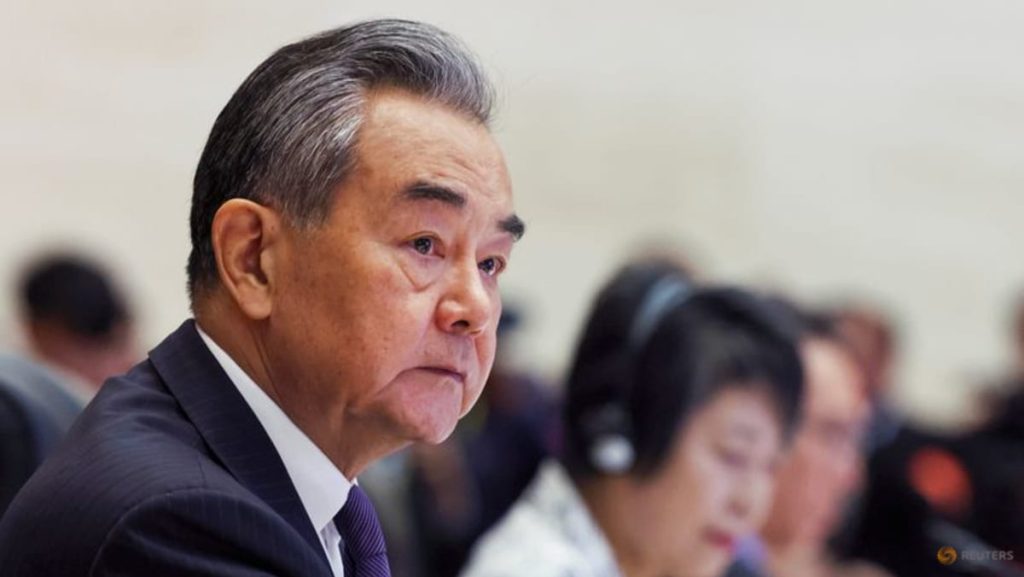China has expressed support for Iran in defending its sovereignty, security, and national dignity during a phone call between Chinese Foreign Minister Wang Yi and Iran’s Acting Foreign Minister. Wang denounced the recent assassination of Hamas chief Ismail Haniyeh in Tehran on Jul 31, stating that the attack violated Iran’s sovereignty and posed a threat to regional stability. Iran and the Palestinian militant group Hamas have accused Israel of carrying out the strike, although Israel has not officially claimed responsibility. The killing of Haniyeh has raised concerns that the conflict between Israel and Hamas in Gaza could escalate into a broader Middle East conflict.
Iran has vowed to “harshly punish” Israel for the assassination of Haniyeh, highlighting the escalating tensions in the region. Wang emphasized the detrimental impact of the killing on the Gaza ceasefire negotiation process and regional peace and stability. China reaffirmed its support for Iran in upholding its sovereignty, security, and national dignity in accordance with the law, and expressed readiness to maintain close communication with Iran in efforts to maintain regional peace and stability.
In response to the assassination and escalating tensions, Iranian President Masoud Pezeshkian nominated Abbas Araqchi as the country’s foreign minister. Araqchi previously served as Iran’s chief negotiator in nuclear talks from 2013 to 2021, indicating a shift in leadership amidst the heightened regional tensions. China’s support for Iran during this critical time reflects its commitment to upholding international law and promoting peace and stability in the region.
The phone call between Chinese Foreign Minister Wang Yi and Iran’s Acting Foreign Minister highlights China’s stance on the recent events in the Middle East and its support for Iran’s efforts to maintain regional peace and stability. Wang’s denunciation of the assassination of Hamas chief Ismail Haniyeh underscores China’s commitment to respecting national sovereignty and condemning actions that threaten regional stability. The situation in the region remains tense as Iran vows to retaliate against Israel for the assassination, raising concerns about the potential for further escalation of violence.
China’s support for Iran’s sovereignty, security, and national dignity aligns with its broader foreign policy goals of promoting peace and stability in the region. By expressing solidarity with Iran and denouncing the assassination of Haniyeh, China aims to play a constructive role in diffusing tensions and facilitating dialogue between the relevant parties. The nomination of Abbas Araqchi as Iran’s foreign minister underscores the evolving nature of the region’s geopolitics and the importance of diplomatic engagement in addressing complex security challenges.
As the situation in the Middle East continues to unfold, China’s support for Iran and commitment to upholding international law are likely to shape its approach to regional security dynamics. By maintaining close communication with Iran and supporting its efforts to maintain peace and stability, China seeks to contribute to resolving conflicts and promoting cooperation in the region. The phone call between Chinese Foreign Minister Wang Yi and Iran’s Acting Foreign Minister reflects China’s active engagement in addressing the complex security challenges in the Middle East.













